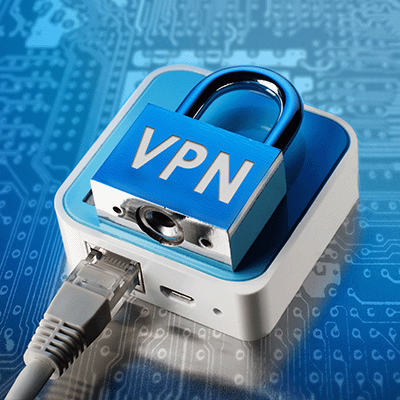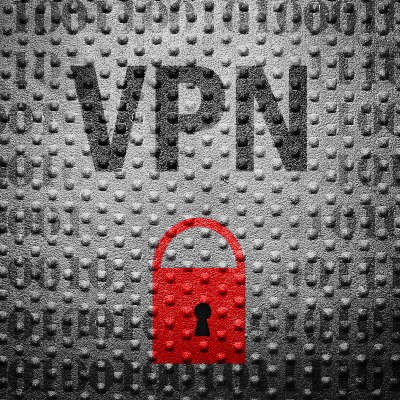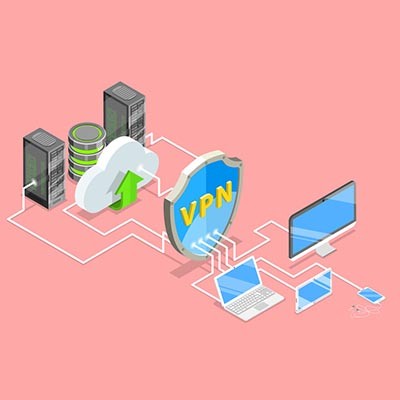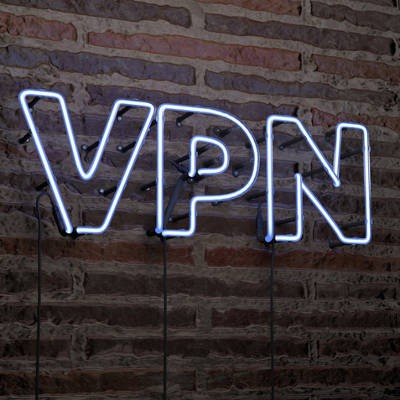With the massive shift toward remote and hybrid work, many companies have implemented virtual private networks to facilitate a more secure working environment for their employees. However, as is the case with these shifts, cybersecurity threats also respond in kind. How are hackers attempting to exploit virtual private networks, and what can you do about it?
PCSOFT Blog
Small business owners are always looking for a way to improve their companies. It has been difficult to do so in 2020 as the COVID-19 shutdown has everyone playing defense. One way businesses have forged ahead is by allowing their staff to work from home. Many businesses use a VPN to facilitate this remote productivity, but there are business risks in doing so.
How often does your business have employees traveling to conferences or working remotely due to circumstances or physical location? With technology improving at a rapid pace, these opportunities are more possible now than they ever were in the past, and depending on the solution implemented, they are far more efficient, too. Of course, one thing that will never change is the need to keep company data secure, no matter what type of Internet connection is being utilized.
Employees don’t always get all of their work done from the comfort of their office. They often find themselves on the road for conferences or trying to stay ahead during their downtime at home. Unfortunately, security can become a problem, and access to data needs to be as secure as possible when outside the company network. A virtual private network, or VPN, can be an integral part of your remote business strategy.
If you’ve ever felt as though someone was watching what you were doing while you were working remotely, either at home or in public, there’s a chance that you were right. Without a private Internet connection, it is a simple matter for others to watch your processes and steal the data you’re generating. Is there any way to protect your data as you work outside of the office?






